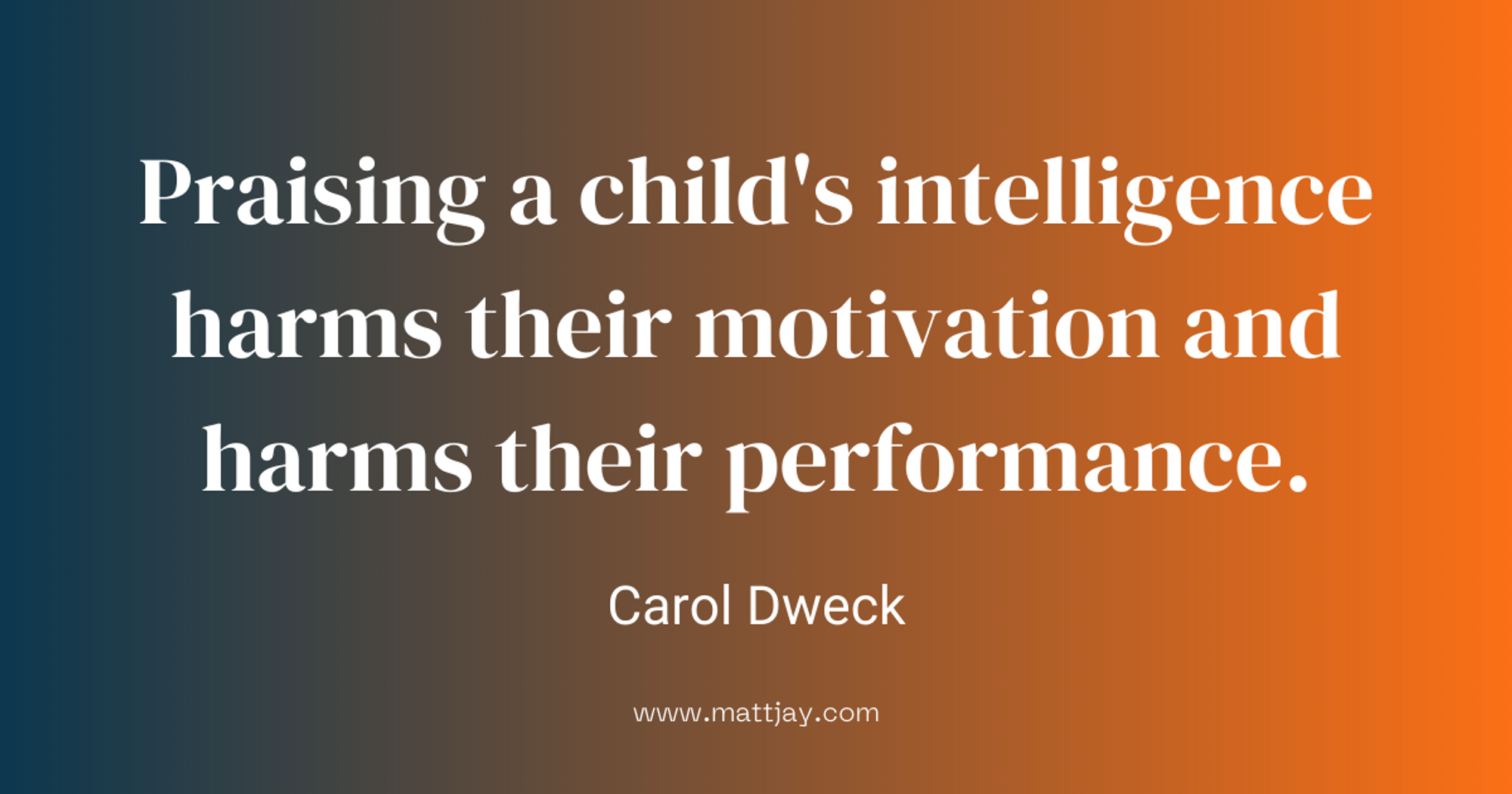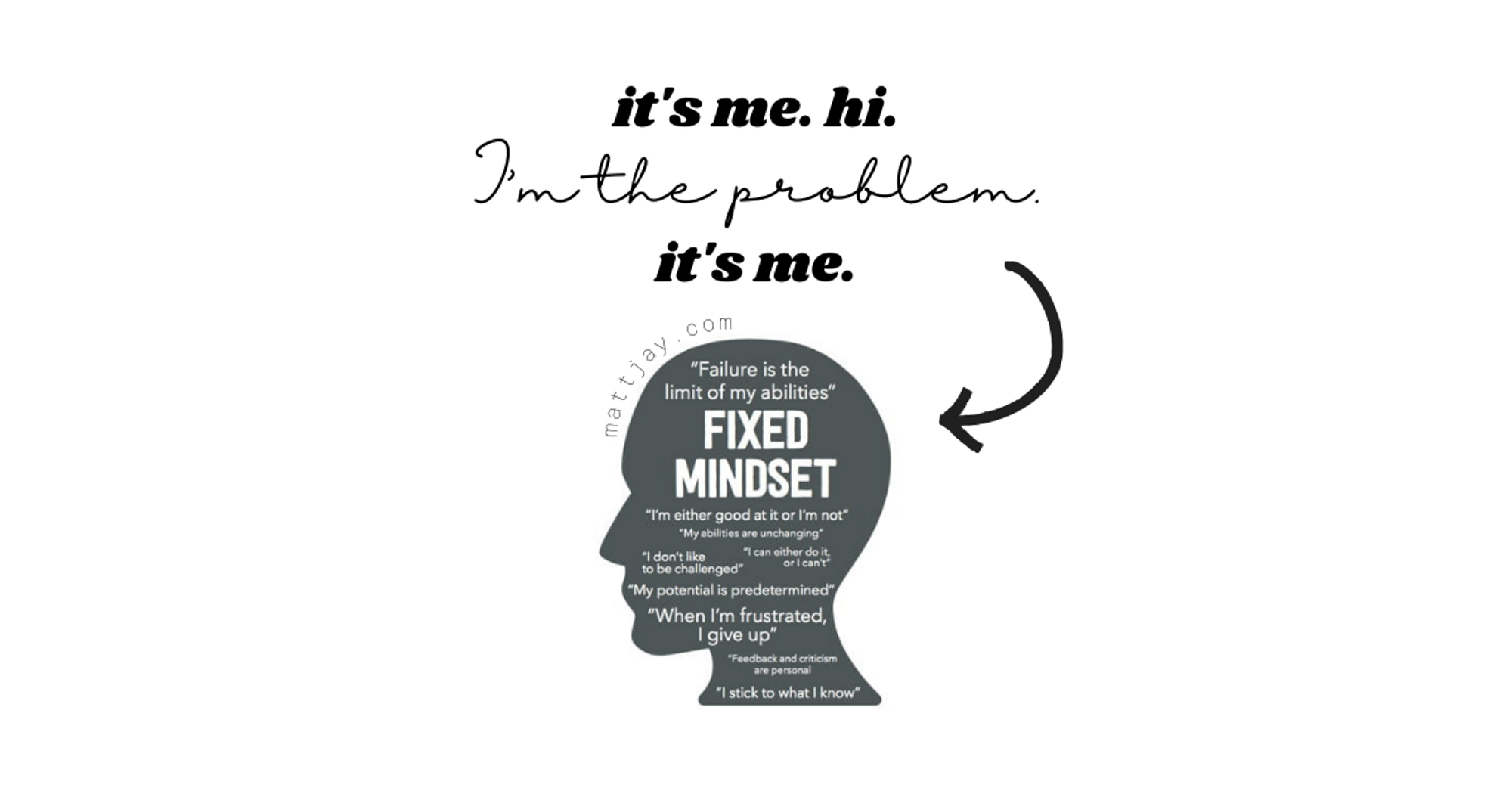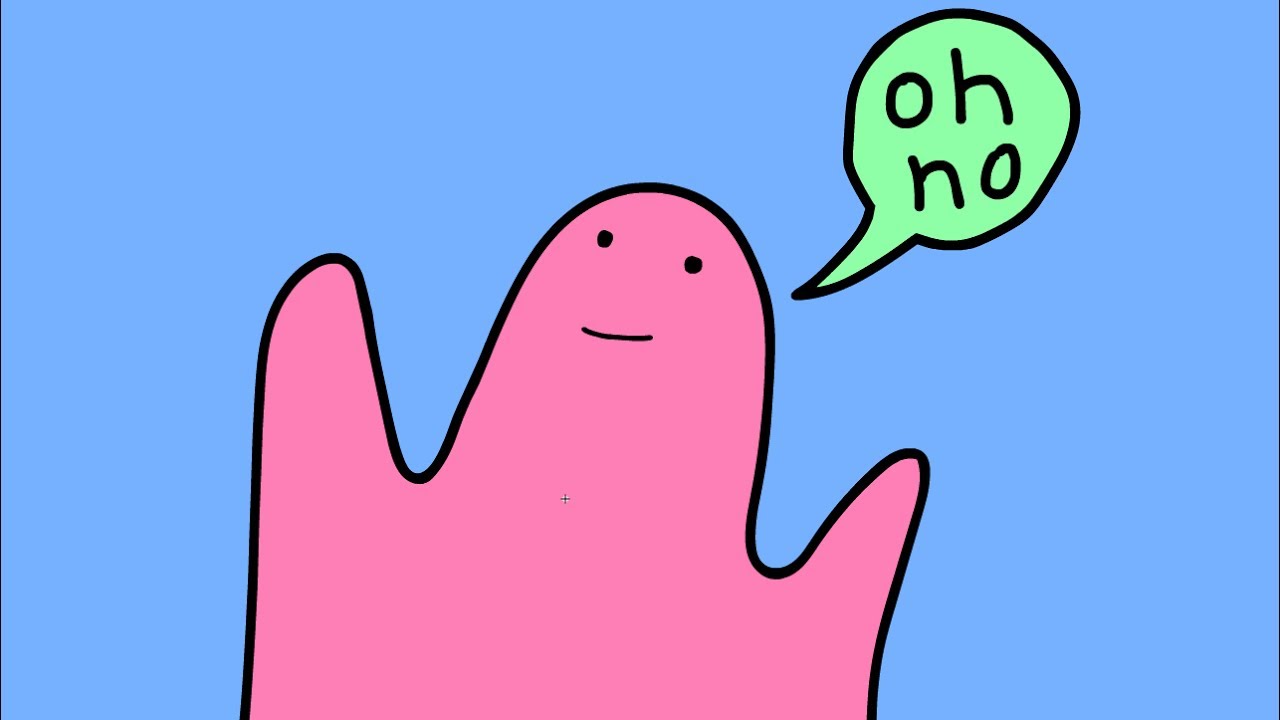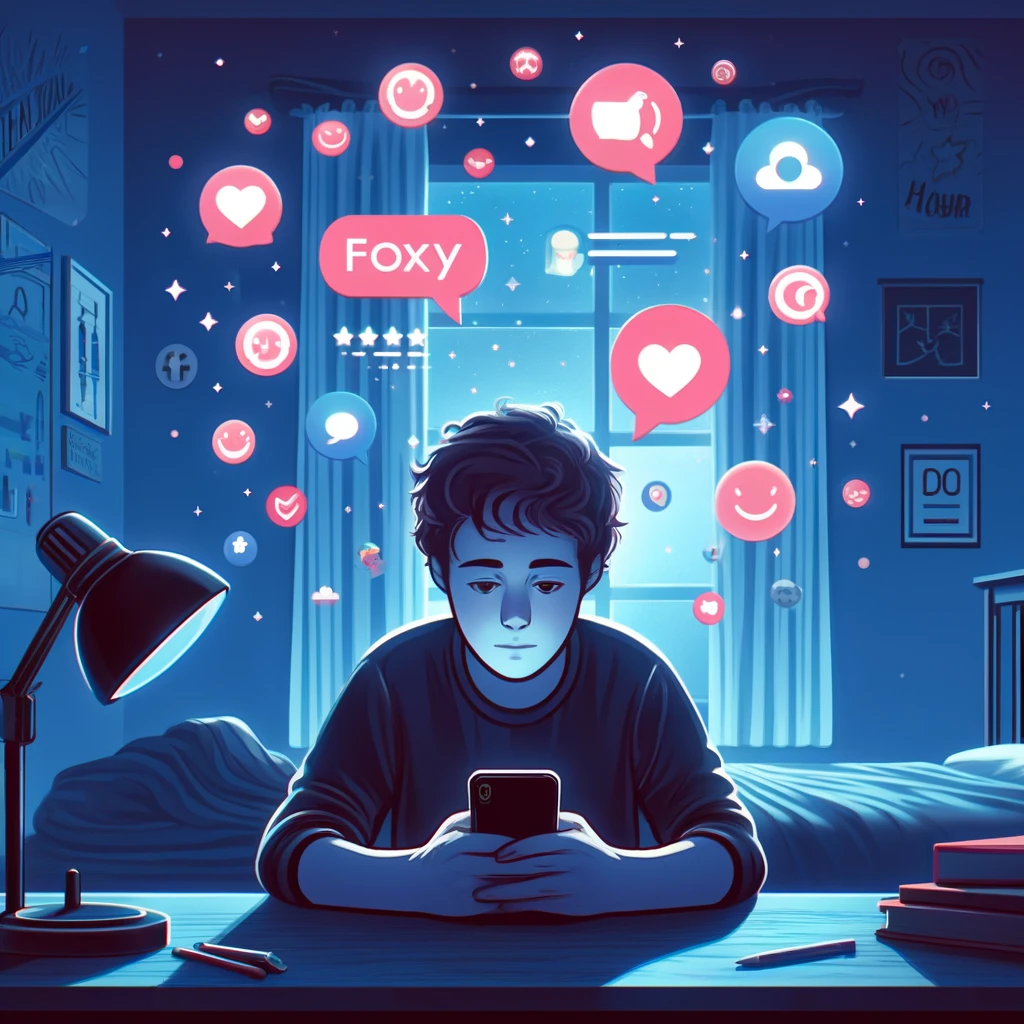The tech industry, and cyber security specifically, relies heavily on an engineer’s, hacker’s, and strategist’s ability to detach from an outcome.
Especially since there are various threat models for any one particular vulnerability. Depending on the role in the industry, thinking like a threat actor is more valuable than thinking like a white hat researcher.
Do you know what makes this harder? The way we praise people for outcomes.
How we are praised can tie identity to performance or, if you employ a growth mindset, tie identity to the process of learning.
When I was a kid, and I think a lot of you out there are probably in a similar boat, I was frequently referred to as a “gifted child”. I’ll get into it in more detail, but it had a very real impact on the way I think about myself.
To this day, without overt praise for my contributions, I can begin to feel insecure about my relevance to an organization, value in a friend group, or integrality in my own family system.

This week I listened to Huberman’s latest podcast on Growth Mindset, where his breakdown of the topic did two things:
- One, it validated that kid version of me who was taught that intelligence was either something you had or didn’t have.
- And two, it begged me to take this principle and apply it to an industry that looks at our failures and vulnerabilities often in order to achieve greater resilience.
The Gifted Child Label and Its Impact on Mindset
My parents and teachers frequently praised me for my grades, put me in gifted kid programs, and called me an excellent student. None of this felt bad, of course. Who doesn’t like being called smart?
Though, I did start to realize that when I didn’t accomplish something perfectly, or even really well, I felt like a failure. Because I was the “smart kid”, when I made errors or it took a long time to learn something, it would weigh on me emotionally. My identity was tied to the outcome.
It was formulaic.
If I did X, then I got to continue being Y. If I aced the test, then I got to continue being the beloved smart kid.
If I failed at X, then Y was no longer true. If I failed the test, then I wasn’t actually a smart kid and simply fooled everyone into thinking I was.
Suddenly my self-worth was also attached to being the smart kid. If I wasn’t acing tests and getting praise from my teachers for excellence, then I didn’t actually deserve to be in the “gifted” classrooms and programs. I didn’t belong there.
Fast forward to when my high school GPA and accolades awarded me a coveted spot in the Honor’s College at Adelphi University. When things got tough in those classes, I wanted so badly to avoid being found out as an imposter that I quit altogether.
Knowing what I know now, was I smart enough to be in the honors college? Absolutely.
Was my fear and shame around not performing the sole reason I gave up? Absolutely.
(Also, I was a computer nerd who wanted to stop writing papers. I realize the irony of this as you read it on my blog.)
Not only did I risk embarrassment in front of my peers and professors, but the idea of failure was an attack on my identity. And it sent me running in the opposite direction or frozen in my tracks.
In my mind, there was a direct correlation between who I was as a person and my ability to achieve good grades and be “the smart one”. And if I didn’t think I could achieve that, if the task in front of me was too big, I wouldn’t even start.
This, as I’m learning, is a fixed mindset, and according to Huberman, as recently as the 90s, the majority of people thought intelligence was something you either had or didn’t have as opposed to a growth mindset where the goal is to distance identity from the challenge at hand.
Instead, attaching identity to efforts, motivations, and the process of learning.
Understanding the Growth Mindset
Psychologist Carol Dweck first popularized the concept of growth mindset in response to that survey in the early 90s and in conjunction with copious amounts of research, including an experiment where she learned how kids cope with challenges.
She gave a group of 10-year-olds a problem that was too difficult for them to solve. Some responded with curiosity and excitement. But for other kids, their intelligence had been tested and devastated.
In subsequent studies, Dweck found that the kids with a fixed mindset would rather cheat than study, find someone who did worse to feel better about themselves and run from difficulty. Watch her talk about it here.

Best explained in the podcast with Huberman, “Growth mindset, as the name suggests, is the idea that we can get better at things.
That is, our abilities are not fixed. They are malleable. At the core of a growth mindset is the idea that our brains can change. And indeed, they can. We refer to that ability as neuroplasticity, or the nervous system’s ability to change in response to experience.”
Both of these ideas triggered vivid memories and offered me genuine self-understanding. Where I was constantly told I was talented academically, there was another thing I was praised for.
My creativity and ingenuity. Not with academics but with play.
Starting from about 3 or 4, I remember my parents telling other parents and family members that I would play alone for hours, coming up with games, ideas, and scenarios. I’d play out those stories and dream up the whole plot. They could have said, “he’s so independent” or “he is so good at being alone”. But because of how those praises were framed, I grew up believing I was a creative.
This is probably where I developed some engineering brain tendencies.
So, stored in my brain is both failure aversion and curiosity. Awesome.

Embracing Challenges and Failures
Embracing challenges and failures positively impacts growth and learning. The studies prove it, and so do my early 20s.
A college course from Adelphi professor and CISO Kees Leune sparked my interest in cyber security. I wanted to be part of the future of technology. In order to do that, though, I’d have to risk sounding stupid in front of people I looked up to.
I’d have to ask questions that I told myself people expected me to already know the answers to. I’d have to give up being the smartest person in the room.
My reward: Knowledge. Growth. Community. Career. Mentorship. Leadership.
So I risked it and put myself in the room with people who were more experienced, well-versed, and well-educated than I was at the time.
Then I asked them questions. Lots and lots of questions. This went on for years. Until one day, I realized that my brain was changing.
Curiosity and desire to know more had fueled some of the most exciting and invigorating conversations I’ve had to date and changed my belief.
Although my curiosity was still tied to wanting to be intelligent, I was learning that intelligence is actually just a marker on a spectrum that expands as I gain new information, experiences, and knowledge. Many great minds have quotes about this. Aristotle, Einstein, and more presently, Jay Shetty.
The Power of Effort and Persistence
This grind of knowledge consumption and trying and failing has been perpetually fostering my growth mindset. In my career, of course, but also in my approach to my health, relationships, and everything in between.
Dweck shares this concept, and it’s a strategy I’ve been using as I grow a business and nurture my mental health.
My newsletter isn’t where I want it to be… yet.
I don’t understand how to solve this problem… yet.
I’m not as healthy as I want to be… yet.
I’m not sure why my daughter is freaking out about cutting her banana the wrong way… yet.
Well, that last one might be never, but the point remains.
This works in infosec too. We don’t know where we’re vulnerable… yet.
We don’t know how to protect against that… yet.
We still haven’t figured out how to protect ourselves from phishing… yet.
(That last one really needs to be a thing of the past. Check my thread on something that can help with that!)
This simple add to the end of the usual deflating language, and I can’t, I don’t, I’m not, etc, makes a huge difference.
Takes me from thinking there is no hope after failure to knowing that one step closer is good enough for now.
And over time, I am noticing actual shifts in my thought processes and my response to activating situations or experiences. Sometimes I’m able to see the expansion where I used to see a limitation. Not knowing something is now a sign of learning rather than a sign of inability.
Doing Right By the Gifted Kid
Here are the three things I am doing to support my inner gifted kid who formed an identity around the outcome.
I’m doing it for my daughter, too, because as gifted as I know she is, I think her curiosity is cooler.
And, of course, for the industry where the more we stay curious, the safer the internet becomes:
-
Praising the Process
Whenever I can, I notice the process, effort, and strategy in any approach to a challenge. And I try to focus less on the outcomes.
-
Reframing
Where I once saw limits, I see expansion. There’s no more room for thinking that potential is ever maxed. Growth is always possible.
-
Exercising Patience
When struggle comes and old stories surface, I take a breath and remind myself that this shit is really hard. And give all the grace that anyone would need to continue moving forward.
If you weren’t a gifted child, but you can relate to being the “athletic one,” the “easy one,” the “never gets in trouble one,” or the “problem child,” - you’re not alone.
Generations of people are learning to move away from this fixed mindset and challenge themselves to adapt their ways of thinking.
I challenge you to reflect on your own mindset and where it might come from and take actionable steps towards embracing a growth-oriented approach moving forward.
From now on, we’re the learners. The growers. The ones who aren’t there… yet, but are well on their way.
LINKS FOR REFERENCE:
Huberman’s recent podcast: https://www.youtube.com/watch?v=aQDOU3hPci0
Previous newsletter on growth mindset: https://vulnu.mattjay.com/p/unlocking-infosec-potential-grit-growth-mindset





